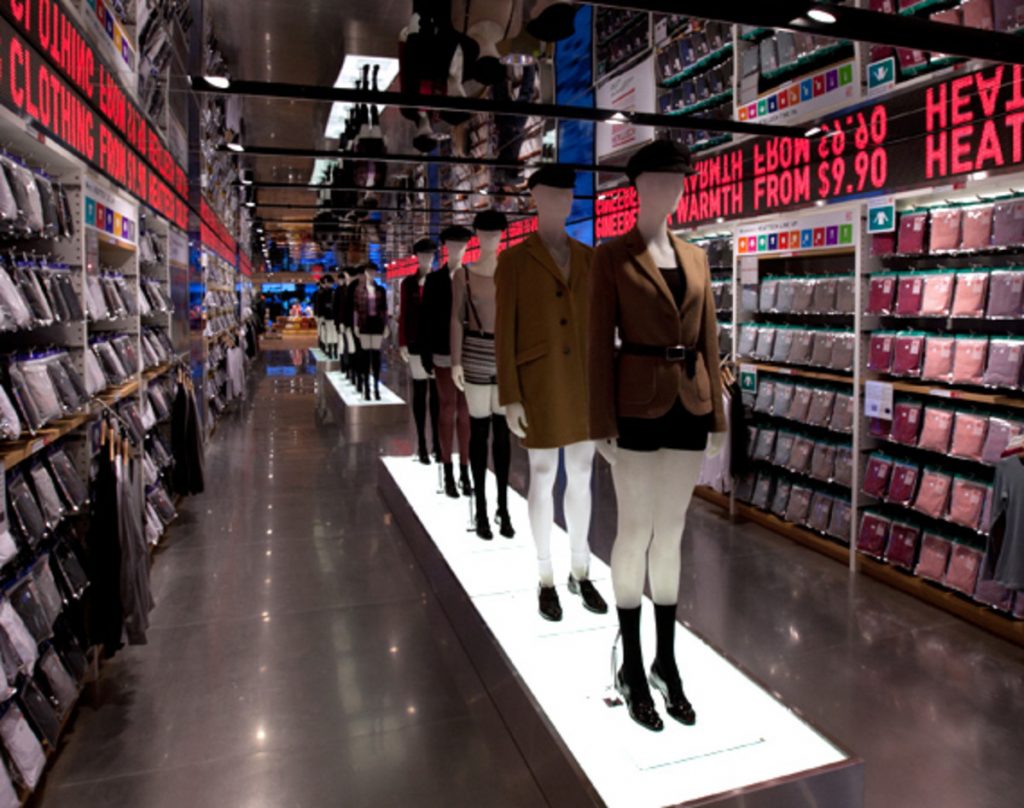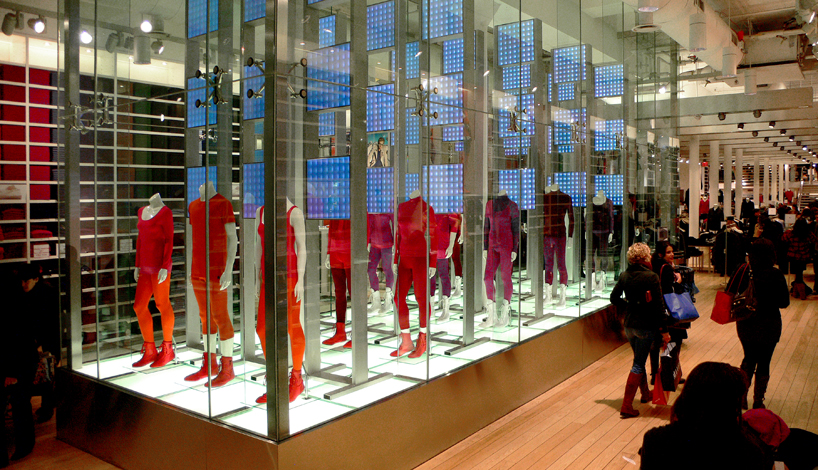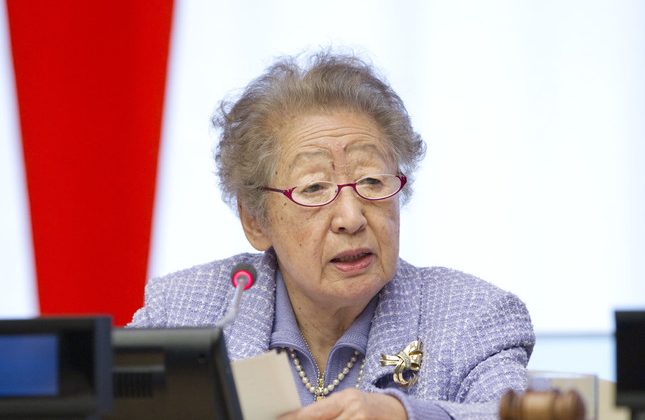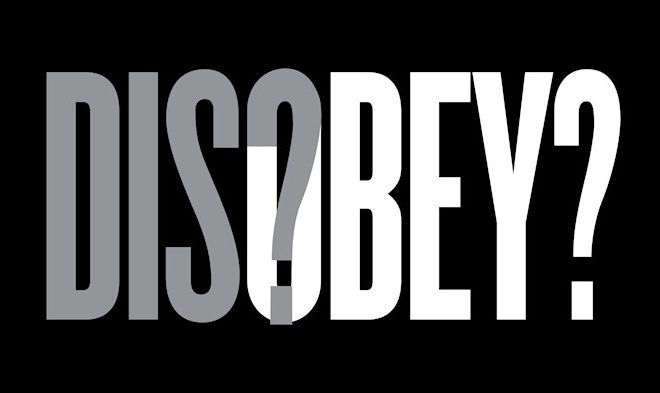Uniqlo and me: Our Story
I never thought my life would parallel with a retail store. From the four-year-old immigrant at the first Uniqlo in New York City to an angsty 17-year-old at one of its locations, my upbringing has always seemed to align with this store. Its journey progressed by my side as I grew in a world that wasn’t my own.
My family moved from Tokyo to Scarsdale because my father was appointed to open the first Uniqlo in the States. Because of this, I was thrown into a world that branded me as an immigrant: nothing more, nothing less. I wasn’t seen for my personality or my interests; I was only noticed for my accent, the pungent lunches I brought to school, my origins as a foreigner.
Due to language barriers, I struggled to build connections with my classmates. I imagined myself eloquently responding to a peer’s greeting, yet I blundered conversations in reality. Feelings of isolation made me struggle to find my identity as a young outsider, an immigrant. Likewise, Uniqlo faced challenges in establishing itself at first despite its settled popularity in Japan. The store struggled to portray an image of simplicity and functionality, struggled to relate to this concoction of Japanese authenticity with American influences. It struggled to fit itself into a completely new environment.
Nevertheless, this company and I were determined to make this unfamiliar world my home. I would eavesdrop into conversations, read picture books, and speak English at every opportunity to reach my desired level of language proficiency. By the time my family moved to Chicago, I was fluent, allowing me to finally converse with my peers. The shop also overcame its challenges, leading to its cohesive mixture of Japanese and American cultures. It finally found its place in a previously alien world. As Uniqlo and I learned to adapt to new environments, we became sponges and absorbed all we could.
As my journey of cultural diffusion progressed, my Japanese roots began to wither. In Chicago, I was bullied by my peers at Japanese Saturday school for “not being Japanese enough.” The world that once excluded me for being an immigrant now isolated me for being too American.
Amidst these conflicts within myself and with the world, I began to realize that I could never meet the cultural expectations my heritages demanded. I also understood that this reality opens a new gate to my identity and could create an individual who doesn’t have to be defined by her origins, but rather by what she makes of herself going forward.
Today, English is my primary language, yet my roots aren’t forgotten. I have countless people around me who see me as more than another Asian-American immigrant; Instead of my race, they see my passions, interests, ambitions. I became the individual my new reality ensued.
My life experiences fabricated the person I am today: Me. Today, one doesn’t need to speak a certain language, eat certain foods, act a certain way. Like Uniqlo, one can be identified without the prototypes set by society. This new individuality reflects on the modern age of immigrants who are diversifying America for the better. No specific label nor name. I’m contributing to this changing meaning of what it means to be an immigrant, what it means to be yourself.
Now, whenever I pass the Uniqlo in a nearby shopping mall, I reminisce about how my life in America, the creation of my identity, began with this store. Furthermore, our paths are still synced. Both with a story, both with a long way to go.
Now, I have been living in US for 14 years and Uniqlo is one of the succesful mass apprel brand in US. There were so many tears and strugle in our family, but My brother and I are living my life fully, and my father is striving his business goal passionately, and my mother still dedicate her life to make me and my brother's life happier. I believe Uniqlo also has its tears and strugle, but it could make their owner's dream comes true and dedicate their apprarel for US people. Its all based on the US culture to open its arm for the immigrant. I hope this tradition can keep going forever and I will find something that I can do to help this culture going.
Categories
- Beauty (3)
- Eat (11)
- Essay (25)
- her-yous, his-yous (2)
- Movie & Art (1)
- Music (1)
- Shiro the white fox ~ Diary of grumpy old dog (12)
- Uncategorized (4)
- What's New (5)








